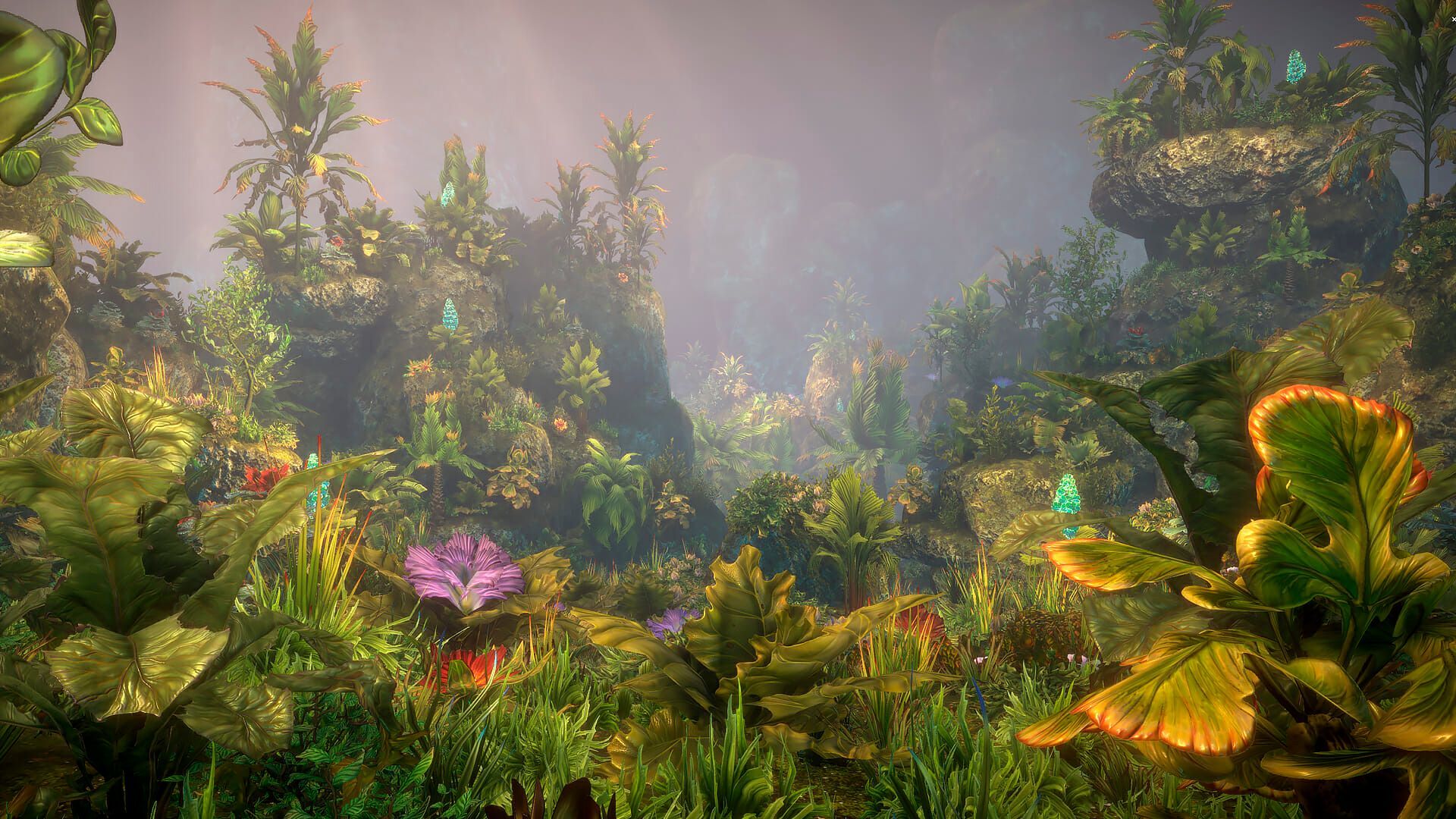Difference between revisions of "Arboriculture (sage ability)"
(import) |
Tao alexis (talk | contribs) |
||
| (14 intermediate revisions by 2 users not shown) | |||
| Line 1: | Line 1: | ||
| − | + | [[File:Arboriculture (sage ability).jpg|right|525px|thumb|]] | |
| + | '''Arboriculture''' is an [[Knowledge Points|amateur]]-status [[Sage Ability|sage ability]] in the [[Sage Study|study]] of [[Bushes & Shrubs (sage study)|Bushes & Shrubs]] that grants the character expertise in identifying shrubs and small trees by their genera and species on sight. This includes recognising the characteristics of edible and medicinal plants, understanding the optimal harvesting time for fruits, nuts and other botanical products, and distinguishing between a naturally occurring tree and one that may be an animated entity, such as a [[Treant|treant]] or other enchanted flora. | ||
| + | __TOC__ | ||
| + | With this ability, the character is not only able to determine whether visible fruit is safe to eat but also to assess ripeness, toxicity and potential spoilage. In the case of non-edible plants, the character knows how to extract and safely harvest resins, saps and other organic materials used in the production of incense, medicinal compounds and even [[Poison (substance)|poisons]]. If necessary, they also possess the basic knowledge required to [[Distilling (sage ability)|distill]] these products, refining them into more concentrated forms. | ||
| − | + | Additional useful materials derived from shrubs include bark, flowers for perfume, woody stems for resin and gum, and leaves or roots used for medicinal purposes. The character is skilled in collecting these materials without harming or killing the plant, ensuring sustainability and future yields. Knowledge of grafting and propagation may also be included, allowing the character to cultivate certain species if conditions are favourable. | |
| − | + | == Cultivation == | |
| + | When actively searching in a well-watered environment, the character can expect to locate individual plants within 20-80 minutes (2d4 ×10) and valuable [[Vegetable Patch (area)|patches]] containing 5-30 plants within 1-30 hours. However, environmental conditions affect the search time significantly — in arid climates, the time required triples, while in desert regions, the search time increases tenfold due to the scarcity of vegetation. | ||
| − | + | Once per year, when a plant reaches maturity (typically within a 5-30 day window), the character can harvest 3-12 lbs. of food or 3-12 oz. of valuable material per plant. Knowledge of preservation techniques ensures that collected materials retain their potency, allowing them to be stored, transported or traded as necessary. | |
| − | See [[ | + | |
| + | See [[Pruning (sage ability)|Pruning]] | ||
| + | |||
| + | [[Category: Sage Abilities]][[Category: Reviewed]] | ||
Latest revision as of 16:41, 7 March 2025
Arboriculture is an amateur-status sage ability in the study of Bushes & Shrubs that grants the character expertise in identifying shrubs and small trees by their genera and species on sight. This includes recognising the characteristics of edible and medicinal plants, understanding the optimal harvesting time for fruits, nuts and other botanical products, and distinguishing between a naturally occurring tree and one that may be an animated entity, such as a treant or other enchanted flora.
Contents
With this ability, the character is not only able to determine whether visible fruit is safe to eat but also to assess ripeness, toxicity and potential spoilage. In the case of non-edible plants, the character knows how to extract and safely harvest resins, saps and other organic materials used in the production of incense, medicinal compounds and even poisons. If necessary, they also possess the basic knowledge required to distill these products, refining them into more concentrated forms.
Additional useful materials derived from shrubs include bark, flowers for perfume, woody stems for resin and gum, and leaves or roots used for medicinal purposes. The character is skilled in collecting these materials without harming or killing the plant, ensuring sustainability and future yields. Knowledge of grafting and propagation may also be included, allowing the character to cultivate certain species if conditions are favourable.
Cultivation
When actively searching in a well-watered environment, the character can expect to locate individual plants within 20-80 minutes (2d4 ×10) and valuable patches containing 5-30 plants within 1-30 hours. However, environmental conditions affect the search time significantly — in arid climates, the time required triples, while in desert regions, the search time increases tenfold due to the scarcity of vegetation.
Once per year, when a plant reaches maturity (typically within a 5-30 day window), the character can harvest 3-12 lbs. of food or 3-12 oz. of valuable material per plant. Knowledge of preservation techniques ensures that collected materials retain their potency, allowing them to be stored, transported or traded as necessary.
See Pruning
